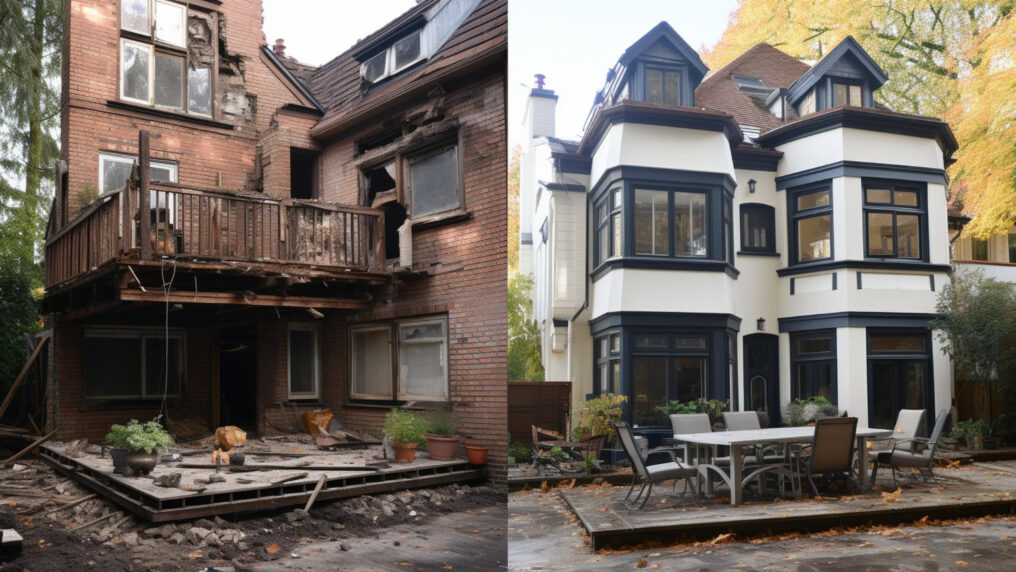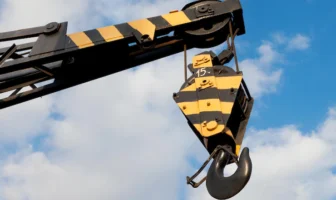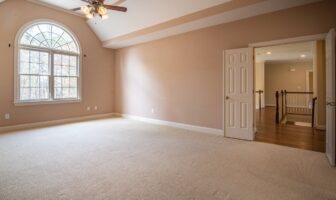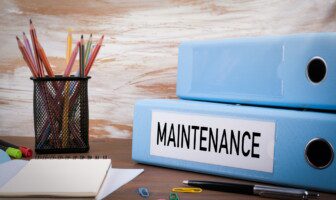
In 2017, approximately 207,000 houses were flipped and sold for profit.
Nowadays, house flipping is a glamorous career choice thanks to popular reality TV shows. Unlike these shows, however, there’s more to house flipping than choosing a property, setting a budget, and choosing a finishing for kitchen cabinets.
So what should you do when you want to flip a house? What kind of property should you look for? What kind of repairs will you need to look for?
And, most importantly, can you really make money?
If you’re interested in how to flip a house, keep reading to discover exactly what you need to do.
What Is House Flipping, Exactly?
House flipping is when a buyer purchases a home and makes significant improvements. These improvements can consist of interior and exterior repairs, such as gutting and replacing a kitchen, bathroom, basement, or new landscaping, roofing, or siding. The purpose of buying the home is to sell it afterward. Thus, they’re “flipping” it to make a profit.
House flipping can be lucrative or a complete failure. It’s very just as easy to lose a lot of money as it is to make thousands. House flipping must be properly executed to gain any profit.
How to Make Money Flipping Houses:
If you want to make flipping houses a lucrative business, you first must understand the ins and outs of how it’s done. Here are a few tips to get you started.
Flipping houses is not as easy as it sounds. It requires skill, experience, innovation, and out-of-the-box thinking. If you were thinking that flipping is some sore of illegal activity, think again. It is one of the most effective ways to make money legitimately.
1. Go Slow:
The excitement of finding a gem of a house and creating a vision for it can distract you from other aspects of house flipping. Make sure you’ve done your homework before diving in headfirst.
2. Understand Real Estate Lingo and Business:
Knowing how the real estate business works are essential when you want to make money flipping houses. Start by linking arms with a local real estate agent or company to understand the market and get their opinion. They can clue you in about the neighborhood, what people look for in a home, and the type of buyer you should target.
Knowing the neighborhood is important because you don’t want to oversell a home. For example, you don’t want to buy a home for $100,000 where the median price range is $125,000 and put a few thousand dollars into it in upgrades. Your flip will not be very profitable.
Getting your real estate license is recommended so you can access first-hand information on properties about to come on the market.
3. Not Your $99 Start-Up:
Beginning your own house-flipping business can have some pretty hefty start-up costs. You will have to invest in the property, as well as spend money on materials and labor. If you decide to use a loan for your first investment, you need to take into account the interest that will accrue and deduct that from your profits.
If you’re going to take out a loan, remember that you’ll need money down and shop around for the best rates so you don’t pay too much in interest. Some professionals even recommend buying a house with cash, so you avoid losing money.
4. Familiarize Yourself with the Normal Repairs:
Kitchens and bathrooms are usually the two rooms that buyers want to be finished, but there may be other repairs in the home as well. Some homes are in dire need of many repairs and you could quickly lose money if the cost of repairs exceeds the cost of the home.
In most cases, you don’t know all the updates needed until you get into the “bones” of the home. The foundation, electrical, and plumbing could have major issues that you can’t see by looking at the property. It’s smart to get a home inspection so you have a better idea of what you’re working with.
5. Don’t Buy at Full Price:
Buying a house at full price and then investing several thousands of dollars in it will not yield a large profit if any. You must buy below market value so you can add value to the home and price it higher.
6. Keep to Your Budget:
Before you start choosing paint samples, write out a budget. Having a budget will keep you from overspending and help you take into account all the repair costs, taxes, insurance, and other areas where you may need to spend money.
Discover more about what to avoid when flipping houses.
7. Don’t Go Crazy with Renovations:
Yes, shiplap walls, high-ceiling beams, and granite countertops are all amazing focal points of any room, but are they necessary?
Going overboard with your renovations can put you in a deeper hole. By prioritizing your repairs and cosmetic touches, you’ll be able to know where to cut costs. If you throw all your money towards a gleaming kitchen renovation, but the roof is caving in, your flip isn’t going to be complete or make a profit!
8. Find Good, Reputable Help:
Hiring good contractors is key to knowing how many repairs the home will need and helping you estimate the cost of them. They’re knowledgeable and can often fix those repairs well.
Many times, you’ll build a rapport with a contractor and the two of you will work together on future flips. After a couple, they may even give you better rates for their work.
If you can’t hire a contractor, learning to do much of the work yourself will save you a lot of money. However, if you’re not particularly skilled, it may be best to hire a contractor.
9. Time Consuming:
Flipping houses takes time. Looking for a home, getting a loan (or not), making repairs, putting the house on the market, and waiting for someone to buy it doesn’t happen overnight. Sure, you can stop by the house on your way home from your day job to work on the house, but it will take you even more time.
Flipping houses doesn’t happen in a day or weeks. Most of the time it takes several months to complete a project.
Final Thoughts on How to Flip A House:
Flipping homes sounds like fun, but in reality (not TV) it can be a challenge. You’re faced with making plenty of decisions and investing a lot of your money. If you’re not careful, you could lose or make money depending on how you spend your time.
Now that you know how to flip a house, do you have a business plan set? If not, you need one. Check out our guide on how to write a business plan.
Read Also:




























